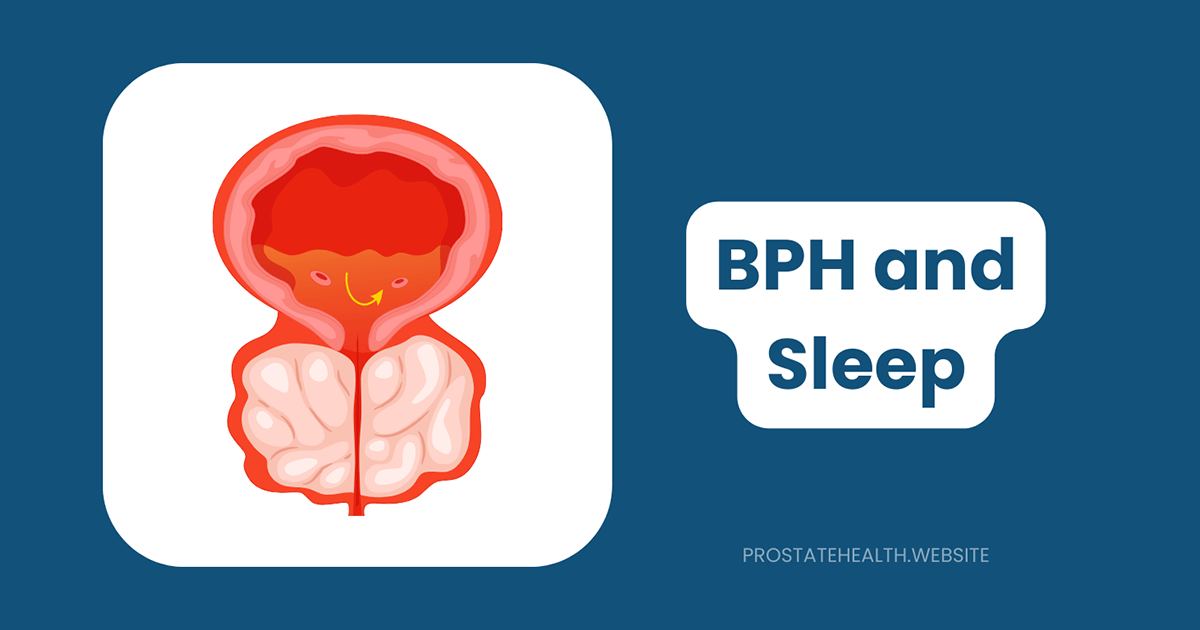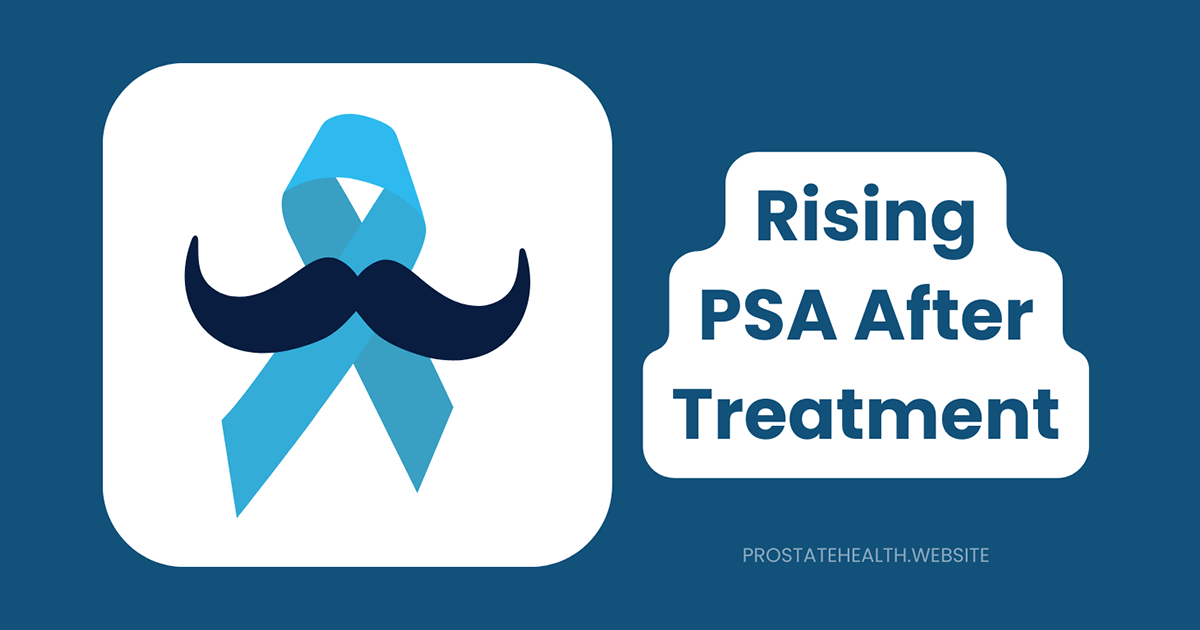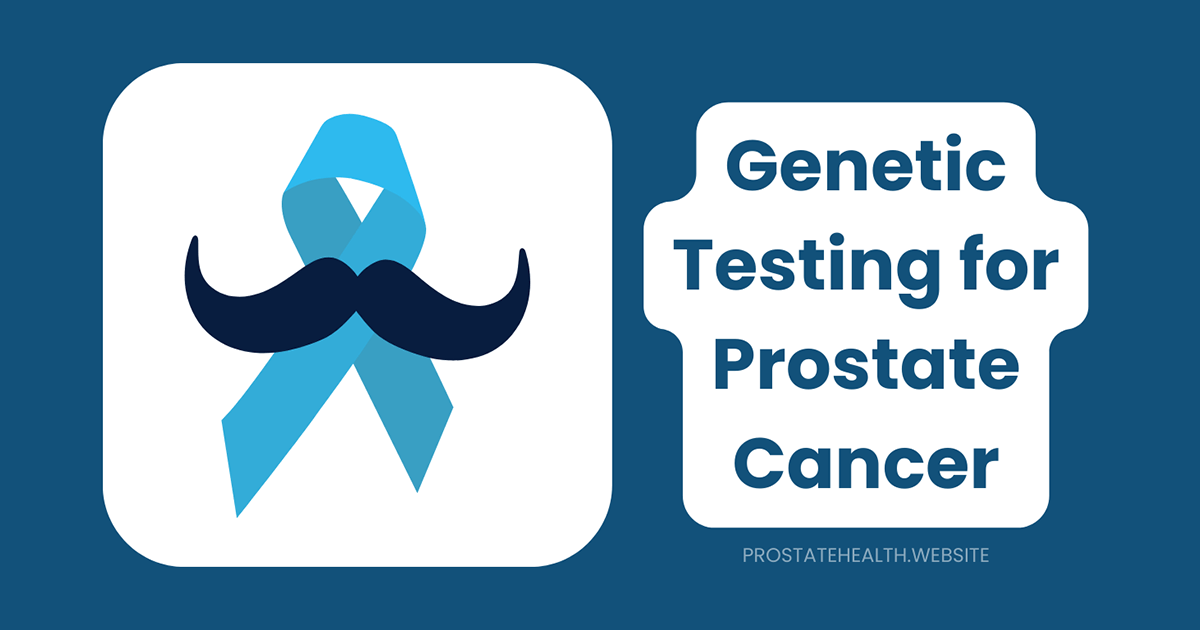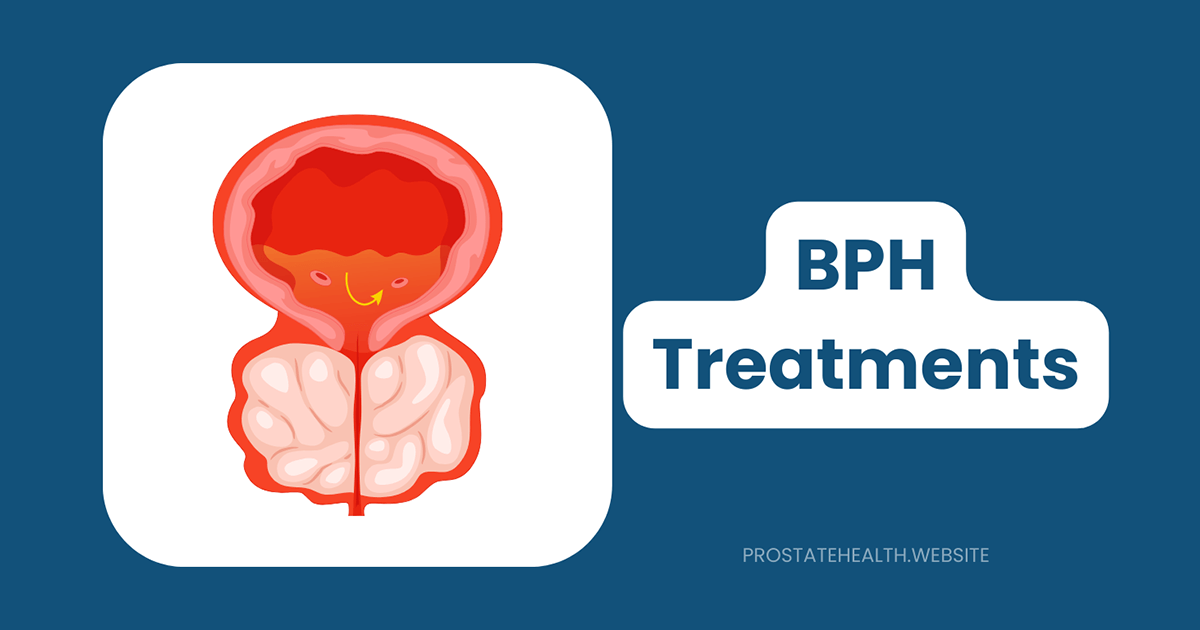Is BPH Hereditary? What Family History Means for Your Prostate
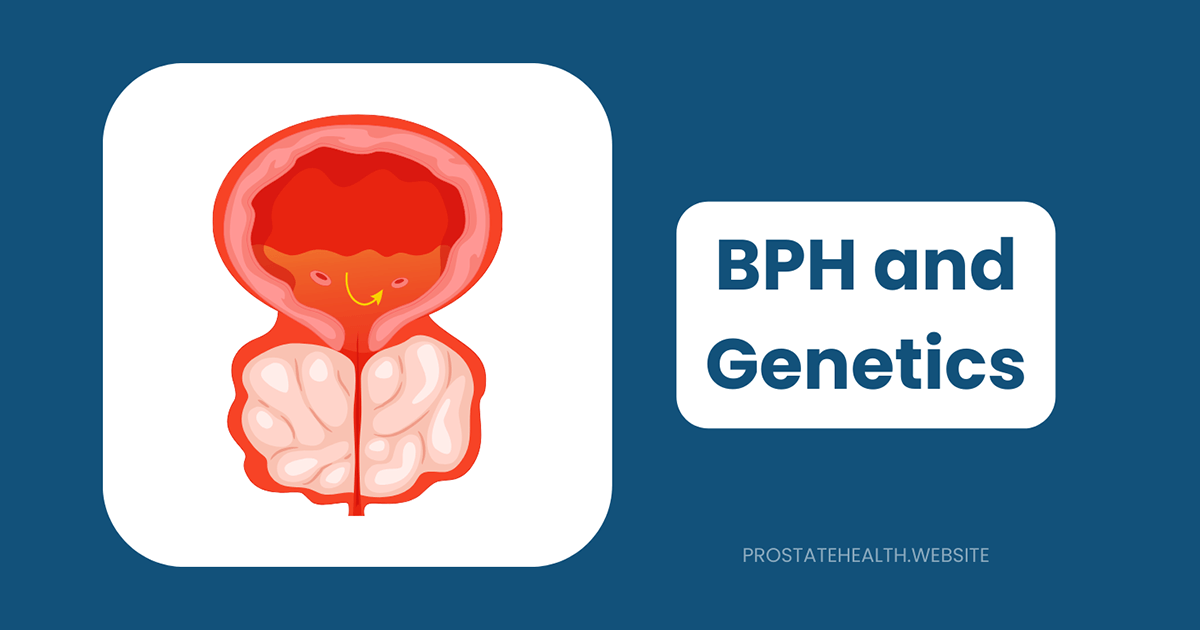
When Dad and Grandpa both struggled with frequent nighttime bathroom trips and urinary problems, you might wonder if you’re destined for the same fate. Benign Prostatic Hyperplasia (BPH), or an enlarged prostate, affects millions of men worldwide—but is it something that runs in families? Let’s dive into what science tells us about the hereditary aspects of BPH and what it means for your prostate health.
The Genetic Connection: More Than Just Coincidence
That nagging question—”Is BPH hereditary?”—has a nuanced answer. Research increasingly suggests that genetics play a significant role in determining your risk for developing an enlarged prostate.
According to recent studies, genetic predisposition accounts for 40-70% of BPH cases and associated voiding symptoms. This isn’t just a small influence—it’s a substantial factor that could significantly impact your prostate health journey.
Dr. James Thompson, urologist at Metropolitan Urology Center, explains: “When I see multiple men from the same family in my practice with BPH symptoms, it’s rarely coincidental. The genetic patterns are becoming increasingly clear in our clinical observations.”
The Numbers Tell the Story
If these statistics sound alarming, consider this eye-opening finding from a recent study published in Scientific Reports:
“The lifetime cumulative risk of male relatives of early-onset BPH patients undergoing prostatectomy is as high as 66%, compared to just 17% in the general population.”
In other words, if your father or brother developed BPH symptoms early (before age 60), your risk of eventually needing surgical intervention is nearly four times higher than someone without that family history.
How Genetics Influence Your Prostate
Understanding exactly how genes contribute to BPH development requires a brief look at the science behind prostate growth.
The Genetic Blueprint
Recent genome-wide association studies (GWAS) have identified multiple genetic variants linked to BPH risk. These genetic markers affect several biological pathways:
- Hormonal regulation genes: Variations in genes that control testosterone and dihydrotestosterone (DHT) metabolism
- Inflammatory response genes: Genetic factors that influence how your body responds to inflammation
- Cell growth and proliferation genes: Mutations that may cause abnormal cell division in prostate tissue
- Vitamin D receptor genes: Variations that affect how your body processes vitamin D, which plays a role in prostate health
One particularly interesting discovery from 2025 research is the identification of the INO80B gene, which appears to help prevent excessive prostatic cell proliferation by regulating cell cycle-related gene expression. When this gene functions improperly, the risk of developing BPH increases significantly.
Beyond Genetics: The Full Picture of BPH Risk
While genetics clearly play a major role, they’re not the only factor determining your BPH risk. Understanding the complete picture requires looking at multiple influences:
Age: The Unavoidable Factor
Age remains the strongest predictor of BPH. Approximately:
- 20% of men in their 40s have BPH
- 50-60% of men in their 60s have BPH
- 80-90% of men in their 70s and 80s have BPH
Even with a strong family history, BPH rarely develops before age 40, suggesting that age-related changes must occur alongside genetic predisposition.
Hormonal Factors
The prostate is highly sensitive to male hormones, particularly dihydrotestosterone (DHT). Genetic variations can affect how your body produces and responds to these hormones, potentially accelerating prostate growth.
Dr. Sarah Chen, endocrinologist specializing in men’s health, notes: “We often see that men with a family history of BPH also share similar hormonal profiles, suggesting a genetic influence on hormone production and metabolism.”
Lifestyle and Environmental Influences
Even with genetic predisposition, lifestyle factors significantly impact BPH development and progression:
- Diet: High consumption of red meat and dairy products may increase risk
- Exercise: Regular physical activity appears protective against BPH progression
- Obesity: Excess weight increases inflammation and hormonal imbalances that contribute to prostate growth
- Diabetes: Metabolic disorders increase BPH risk, possibly through inflammatory pathways
The Autosomal Dominant Theory: A Powerful Genetic Link
One particularly compelling genetic theory suggests that approximately 7% of men with early-onset BPH (before age 60) possess a specific gene variant with an 89% lifetime penetrance. This means if you inherit this particular genetic variant, you have an 89% chance of developing BPH during your lifetime.
This follows an autosomal dominant inheritance pattern—meaning you only need to inherit the gene from one parent to be affected. If your father has this genetic variant, you have a 50% chance of inheriting it.
What Family History Means for Your Prostate Health Plan
If BPH runs in your family, don’t resign yourself to inevitable prostate problems. Instead, use this knowledge to be proactive about your prostate health.
Earlier and More Regular Screening
Men with a family history of BPH should consider beginning prostate health discussions with their healthcare provider around age 40, rather than waiting until 50.
The American Urological Association recommends:
- Annual digital rectal exams (DRE) to assess prostate size
- Periodic assessment using the International Prostate Symptom Score (IPSS)
- Discussion of PSA testing (while primarily for cancer screening, can also indicate prostate enlargement)
Know the Early Warning Signs
Being aware of early BPH symptoms allows for earlier intervention. Watch for:
- Increased urinary frequency, especially at night
- Difficulty starting urination
- Weak urine stream
- Feeling that the bladder doesn’t empty completely
- Urgency to urinate
- Straining during urination
Dr. Wayne Kuang, a urologist specializing in BPH treatment, emphasizes: “An International Prostate Symptom Score (IPSS) of 8 and above indicates potential issues with bladder health that warrant further evaluation, especially in men with family history.”
Lifestyle Modifications That May Help
Research suggests several lifestyle approaches may help reduce BPH risk or slow progression, even in men with genetic predisposition:
- Maintain a healthy weight: Obesity increases inflammation and hormonal imbalances that contribute to prostate growth
- Exercise regularly: Studies show that men who are physically active have lower rates of BPH progression
- Eat a prostate-friendly diet: Increase consumption of vegetables, particularly tomatoes and cruciferous vegetables, while limiting red meat and dairy
- Manage stress: Chronic stress may contribute to inflammation that affects prostate health
- Stay hydrated but time your fluid intake: Proper hydration is important, but limiting fluids in the evening can reduce nighttime urination
- Consider supplements: Some evidence suggests saw palmetto, beta-sitosterol, and pygeum may help manage mild BPH symptoms (discuss with your doctor first)
The Shared Genetics of BPH and Prostate Cancer: What You Should Know
An important consideration for men with family history of BPH is the potential genetic overlap with prostate cancer risk. Recent research using Mendelian randomization techniques has found that:
“Genetically predicted benign prostate hyperplasia (BPH) is causally related to a 1.02-fold increased risk of prostate cancer.”
While this increased risk is modest, it underscores the importance of comprehensive prostate health monitoring for men with family history of either condition.
Dr. Michael Roberts, oncologist specializing in prostate cancer, explains: “We now understand that BPH and prostate cancer share some genetic risk factors, though they remain distinct conditions. Men with family history of either should discuss appropriate screening with their healthcare provider.”
Emerging Research and Future Directions
The field of BPH genetics continues to evolve rapidly. Recent breakthroughs include:
Transcriptome-Wide Association Studies
A 2025 study identified 28 genes associated with BPH susceptibility through cross-tissue transcriptome-wide association studies (TWAS). This research provides new targets for potential treatments and improved risk assessment.
Precision Medicine Approaches
As our understanding of BPH genetics improves, we’re moving toward more personalized approaches to prevention and treatment. In the future, genetic testing might help determine:
- Your personal risk level for BPH
- Which preventive strategies would be most effective for your genetic profile
- Which treatments are likely to work best if you develop symptoms
The Bottom Line: Knowledge Is Power
So, is BPH hereditary? The evidence clearly shows that genetic factors play a substantial role in determining your risk. Having a father or brother with BPH significantly increases your chances of developing the condition, particularly if they experienced symptoms at a younger age.
However, this knowledge shouldn’t cause anxiety—instead, it empowers you to be proactive about your prostate health. By understanding your risk, monitoring for early symptoms, and making lifestyle modifications, you can take control of your prostate health journey.
Remember: Even with genetic predisposition, many men successfully manage BPH with minimal impact on their quality of life. Early awareness and intervention are key.
Frequently Asked Questions About BPH and Heredity
Studies suggest that having a first-degree relative (father or brother) with BPH increases your risk by approximately 50%. If your relative developed symptoms before age 60, your risk may be even higher.
Men with family history should begin discussions about prostate health with their doctor around age 40, rather than the typical recommendation of age 50.
Currently, there are no widely available consumer genetic tests specifically for BPH risk. However, this is an active area of research, and such tests may become available in the future.
BPH risk genes can potentially skip generations, particularly if they follow a recessive inheritance pattern or have incomplete penetrance. However, the most significant genetic factors appear to follow an autosomal dominant pattern, making generation-skipping less common.
Not necessarily. While family history increases your risk of developing BPH, many men successfully manage symptoms with medication and lifestyle changes. Early awareness and intervention can often help avoid surgical intervention.

